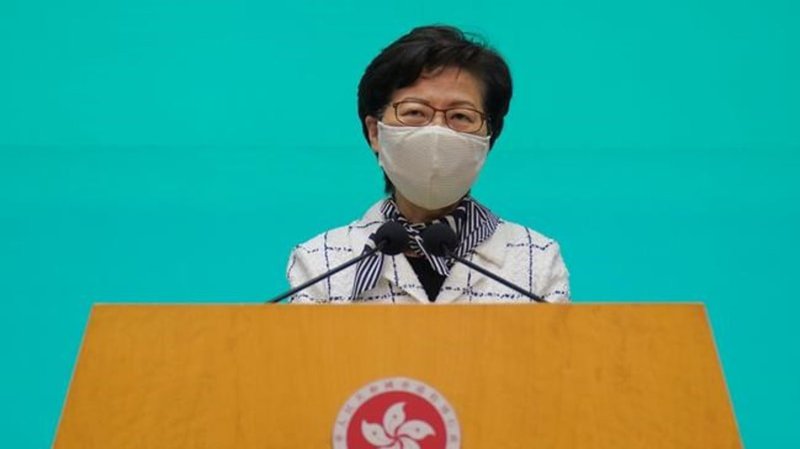
China passes draft of controversial Hong Kong security law
HONG KONG — China’s ceremonial legislature on Thursday passed a draft of a national security bill for Hong Kong that has been strongly criticized as undermining faith in the semi-autonomous Chinese region’s legal and political institutions.
The National People’s Congress’ Standing Committee reviewed the bill that covers four categories of crimes: succession; subversion of state power; local terrorist activities, and collaborating with foreign or external foreign forces to endanger national security.
The congress moved to enact the legislation at the national level after Hong Kong’s own Legislative Council was unable to do so because of strong local opposition. Critics say it could severely limit free speech and opposition political activity and legal experts say Beijing’s legal justifications for acting are highly debatable.
China acted after the widespread and sometimes violent anti-government protests in the territory last year that Beijing saw as a dangerous campaign to split Hong Kong from the rest of China.
